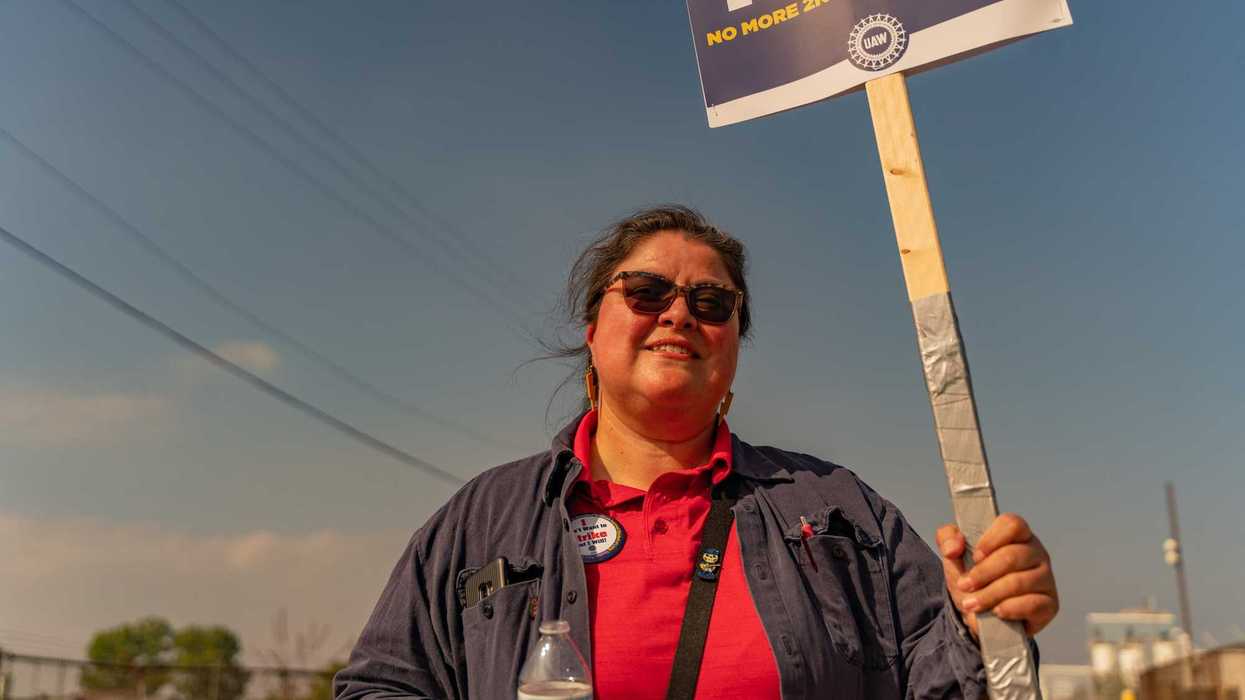Leland R. Beaumont is an independent wisdom researcher who is seeking real good. He is currently developing the Applied Wisdom curriculum on Wikiversity.
The idea of a productivity dividend fund became popular with other business owners as productivity increases in their business sectors also allowed them to produce more with fewer workers. Gradually, the funds from various industries merged and unified. As time went on workers originally displaced from one business found other work and later may have been displaced from other sectors. Productivity dividends from many businesses are collected and shared among many displaced workers. The system looked like this:
Productivity dividends from many businesses are collected and shared among many displaced workers.
Eventually, productivity dividend funds became mainstream. It became increasingly difficult to keep track of each individual’s employment history and it became difficult to determine what qualified any individual as having been employed. The system became simplified, and the funds were equally distributed to all adults. The people shared in the overall productivity increases. We learned to share the abundance.
Efficiencies emerged in unexpected places. The productivity dividend turned Parkinson’s law —the observation that work expands to fill the time available—upside down. Because people now share in productivity increases, many suggestions and innovations for simplifying and streamlining work were adopted.
The people now share in productivity increases.
It was not long before some form of universal basic income became a typical feature of every good government. People’s needs are met, the people flourish, and we focus on what matters most. Poverty and crime rates decreased as social justice improved. We recognize that machines should work so that people can live. Rather than fearing unemployment, we are happy to have fewer chores and we welcome the opportunity to spend our time on creative endeavors. Hans taught us to welcome productivity increases unequivocally.
The people now own the productivity dividend, and it is good.
This is the third and final part in a three-part series exploring the future of productivity.




















Why does the Trump family always get a pass?